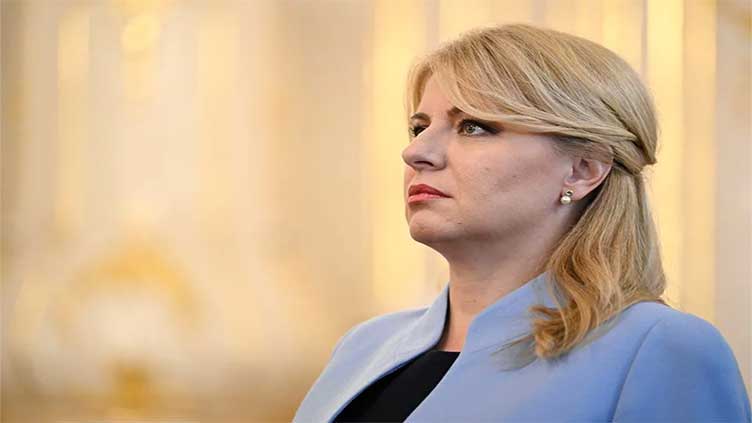Slovak president urges lawmakers to rethink criminal law reform, PM Fico unswayed

World
Slovak president urges lawmakers to rethink criminal law reform, PM Fico unswayed
(Reuters) – Slovak president Zuzana Caputova urged lawmakers on Thursday to reconsider plans to scrap a special prosecution office for high crimes and lower sentences for financial crimes, proposals that have raised concerns over rule of law.
The government led by four-time Prime Minister Robert Fico is trying to fast-track changes it says are necessary to end what it called excesses at the Special Prosecution Office (USP) during the time when Fico was in opposition.
The government's plans have drawn thousands of protesters to Slovak squares in the past weeks.
Caputova told parliament it was "unprecedented" to make such changes in a fast-track legislative procedure.
"The absence of proper expert debate multiplies the risks connected with this amendment, because there is a lack of analysis of its all practical and technical consequences," she said.
Fico has argued that Slovak sentences were too harsh compared with many European countries, and has accused the USP of bias against his party.
But Caputova pointed out that the European prosecutors office has raised concern the planned changes may lead to insufficient punishment for abuse of European Union funds.
She also said the proposed reduction in sentences would go beyond that in neighbouring states. Caputova offered an example that a burglary, which caused damage of up to 350,000 euros, might only be punished by suspended sentence, as many other serious crimes, including money laundering.
Shortening statutes of limitations would at once end liability for thousands of already committed crimes, she also warned.
"The four-way combination of the fundamental lowering of sentences, higher damage thresholds, changes to conditions of suspended sentences and changes in statutes of limitations would be resignation of the state on protecting its citizens," Caputova said.
'CORRECT' STEP
In response, Fico said the government stood firm behind the proposals, arguing they would right some wrongs and modernise criminal law.
"These are steps we consider fundamentally correct," he told a briefing.
The European Commission and the United States have already raised objections to Fico's plans. The European Parliament on Wednesday called for more scrutiny of the changes and for the European Commission to take action "to safeguard the rule of law and judicial independence".
The special prosecutors opened a number of cases against business leaders, members of the judiciary and police, following a 2020 election win by parties promising to fight graft.
While in opposition, Fico himself had faced police charges, later dropped, that he used information from police and tax authorities to discredit political rivals.


